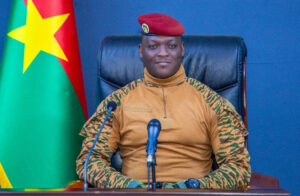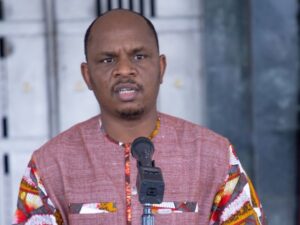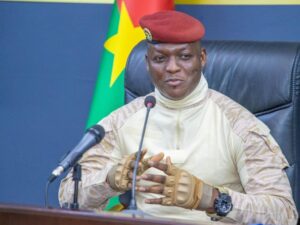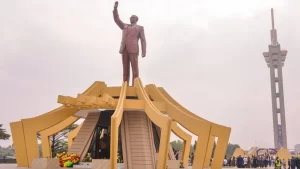Niger: Creation of the AES, what makes run Bola Tinubu, current president of ECOWAS?
The ECOWAS maintains sanctions against Niger, one of the main announcements from the summit of Heads of State held in Abuja, the Nigerian capital on December 10th. What can ECOWAS still do? This regional body, which has failed in its mission, now turns its attention to the Alliance of Sahel States (AES) created by Burkina Faso, Mali, and Niger.
According to the current president of ECOWAS, Nigerian Bola Tinubu, “The AES is a phantom alliance seeking to divert them from their mutual quest for democracy and good governance”.
What do Bola Tinubu and ECOWAS, along with some leaders, fear to the point of targeting this alliance endowed with a noble and salvational mission? The answer is simple. Bola Tinubu and these fellow Heads of State fear for the future of the institution.
The AES is burying the ECOWAS, which has failed by positioning itself as an organization of heads of states at the service of France, rather than an organization for the people. Moreover, member states want to break free from the servitude currency, the CFA, common to the space’s countries.
Furthermore, the AES, in line with its institutional framework, is tackling security, development challenges, and true people’s integration, following the vision of three presidents, Captain Ibrahim Traoré, Colonel Assimi Goïta, and General Abdourahamane Tiani, something ECOWAS has not been able to achieve.
One thing seems evident: with the creation of AES, the future of ECOWAS is uncertain. Bola Tinubu and company have only themselves to blame. They wanted to defend the indefensible (Mohamed Bazoum) in the Sahel. They wanted to aggress the Nigerien people with their ‘standby force’ when they could have utilized it in service of these countries in the fight against terrorism.
So, whether ECOWAS accepts it or not, AES is already established and making headway. And no one can deny that.






